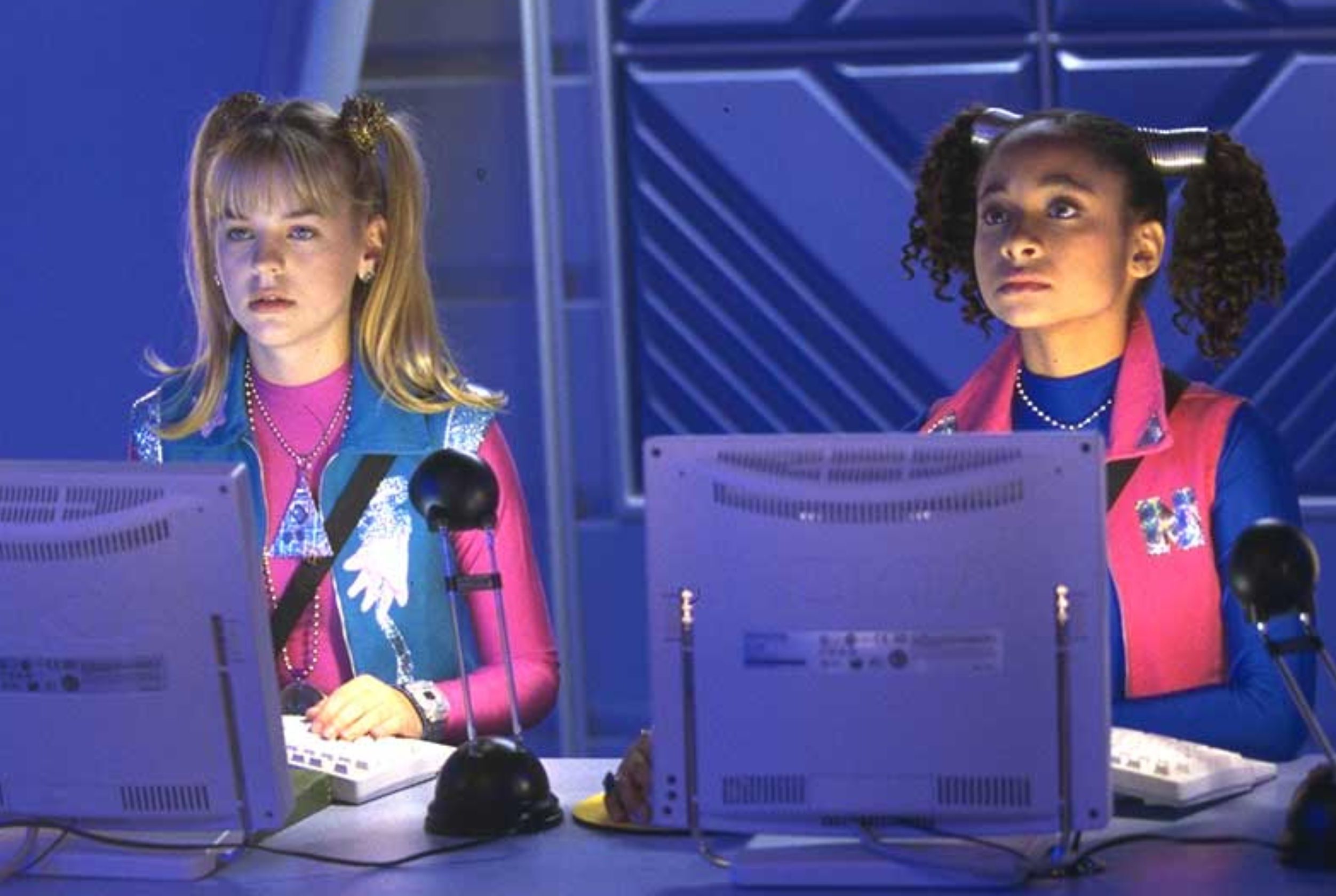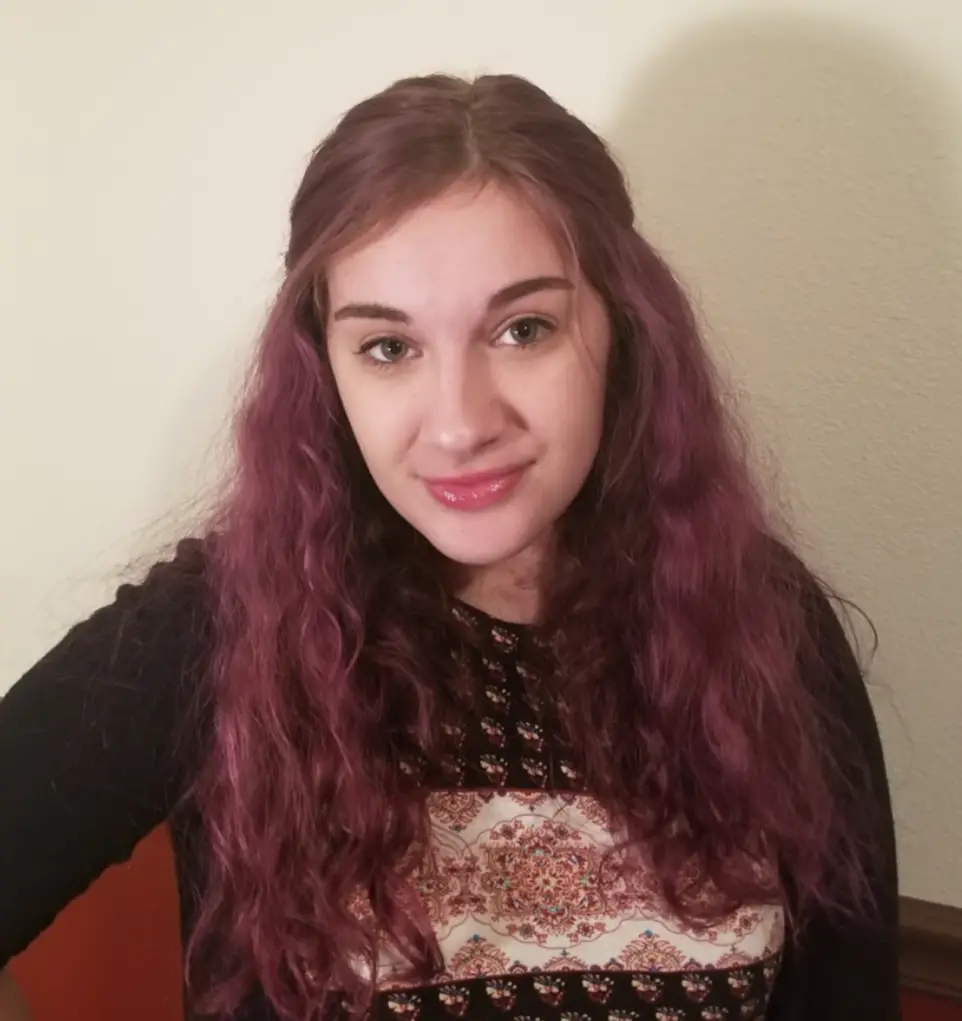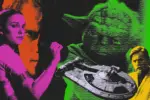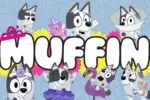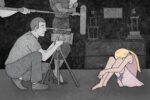When critics discuss feminist representation in films geared toward children, they often look to Disney movies. Disney is, after all, one of the strongest and most profitable child entertainment companies, and their influence on American children is unmatched.
However, the movies that are looked at are typically Disney’s biggest box office hits, such as “Frozen” or the newest live-action version of “Beauty and the Beast,” while some of their most brilliant Disney Channel Original Movies go unnoticed.
Over the years, Disney has produced 100 Disney Channel Original Movies (DCOMs). These movies were aired on the widely-loved Disney Channel and were a staple for any kid growing up in the ‘90s or early 2000s. Not only were the films incredibly entertaining, but they also taught Disney-obsessed kids about various social issues, including feminism.
Since there are so many DCOMs, some of the films have slipped through the cracks while other more popular ones, such as “High School Musical,” overshadow these unsung heroes. Three of Disney’s underrated DCOMs, however, were crucial to countless young girls’ feminist upbringing and deserve to share the spotlight with the likes of “High School Musical.”
1. Motocrossed
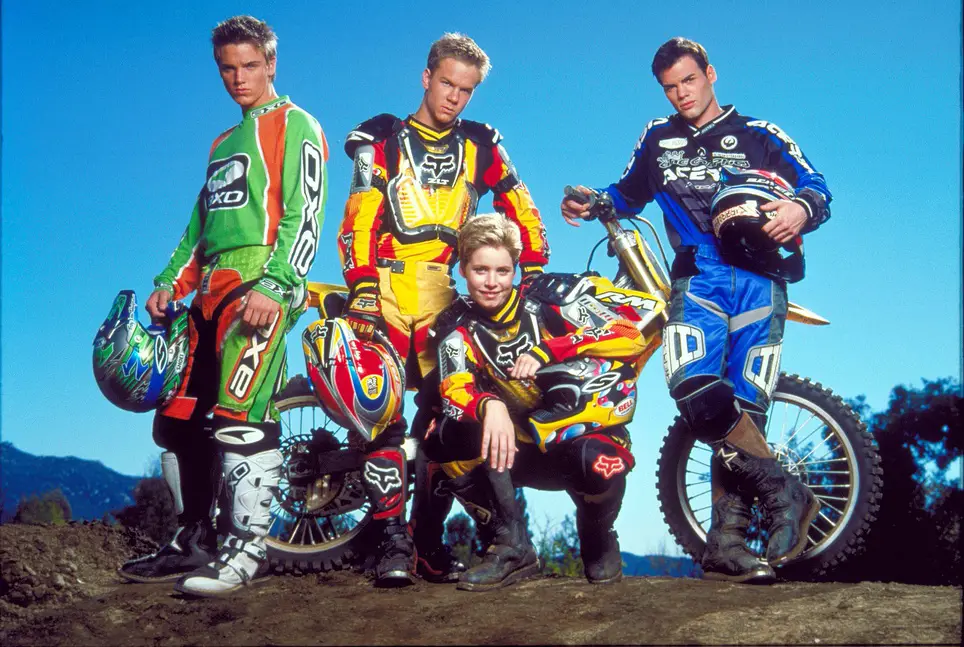
Released in 2001, this film was by far one of my favorite Disney Channel Original Movies growing up. The main character, Andi, poses as her twin brother after he gets injured so she can participate in a motocross event with male riders. She has a rough start but eventually wins her final race and also gets rewarded for coming out on top “in a man’s sport,” as a female motocross official says.
Throughout the movie, many characters doubt Andi’s ability to compete with men despite her skills merely because of her gender. Her mother forbids her from competing with men because it isn’t typically done, but her younger brother, Jason, questions his sister’s exclusion from her favorite sport.
Jason boldly discusses learning about women’s rights in school, and persuades his mother to let Andi race by saying there isn’t a job that women can’t do.
“Motocrossed” makes a point to prove that women can do anything, including participating in an extreme sport, but the movie also turns the tables by showing men participating in stereotypically feminine activities.
For example, male riders see Andi wearing nail polish at one of their races and makes fun of her for it. She tells them that her painted nails help her win and, eventually, she sees all of her competitors with painted nails too.
Even though they only wear nail polish to win a race, the concept of femininity is still questioned by their actions and shows viewers that men can bend gender roles as well.
2. The Cheetah Girls
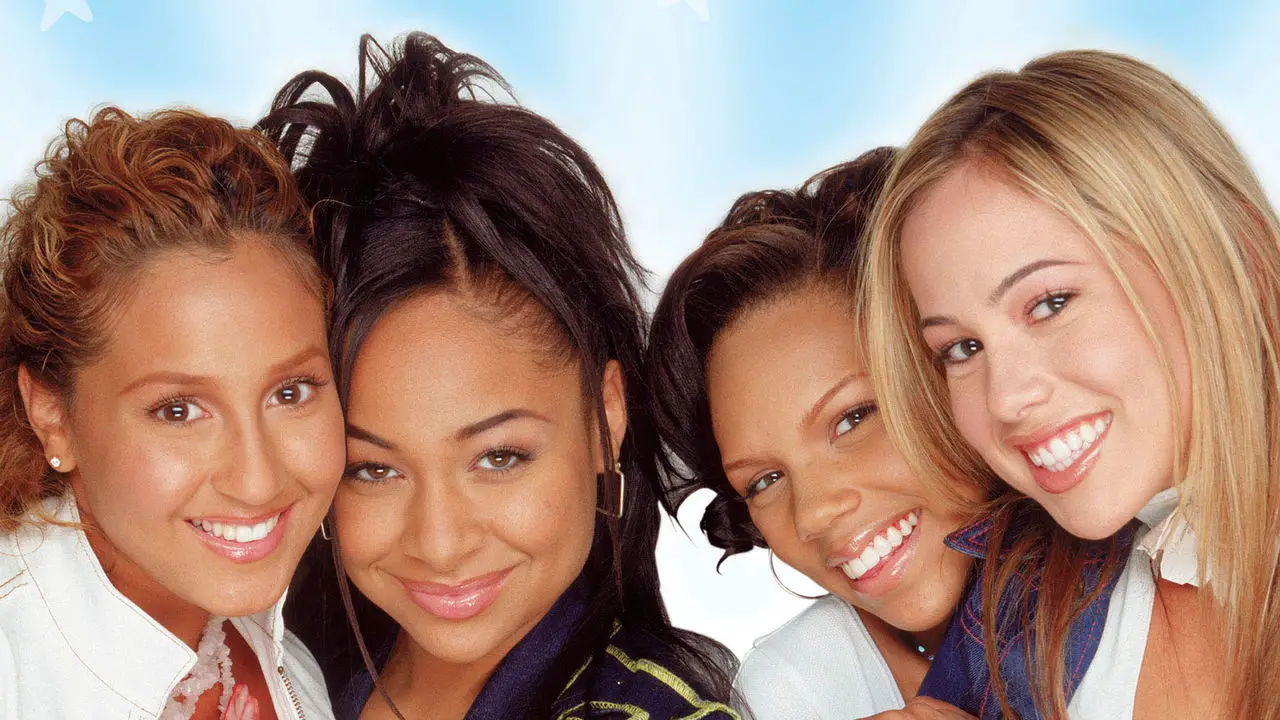
“The Cheetah Girls” may be a surprising pick for this list since it was one of Disney’s more popular DCOMs. However, many former fans might only remember a few key plot points while forgetting some of the feminist themes that made the film so great in the first place.
The Cheetahs are fiercely determined to achieve their dreams and refuse to let anyone get in their way. They are hardworking, talented and aspire to be the first freshmen to win their school’s talent show. They refuse to let a record company change their image and end up winning the talent show despite some setbacks.
The songs that The Cheetah Girls sing are markedly feminist as they are all about girls’ empowerment. The song they use for their talent show audition is called “Cinderella” and is a modern take on a fairy tale trope.
The lyrics are about a princess saving herself instead of waiting for a prince to come along to save her, and the Cheetahs also sing about having an equitable relationship if a man ever does come along.
The Cheetahs also have songs called “Girl Power” and “Cheetah Sisters,” which both celebrate relationships with other women and believing in yourself.
The movie is also relatively intersectional for its time. Three of the Cheetahs are women of color and the film has supporting characters of different races. The girls do touch on the subject of race when it is revealed that Dorinda’s foster mother is black and her identity is called into question, and the discussion is handled relatively well for a movie meant for children.
The DCOM also depicts multiple interracial relationships. All in all, the film is somewhat able to portray the diversity of New York and makes a point to include characters of all races and nationalities.
3. Right on Track
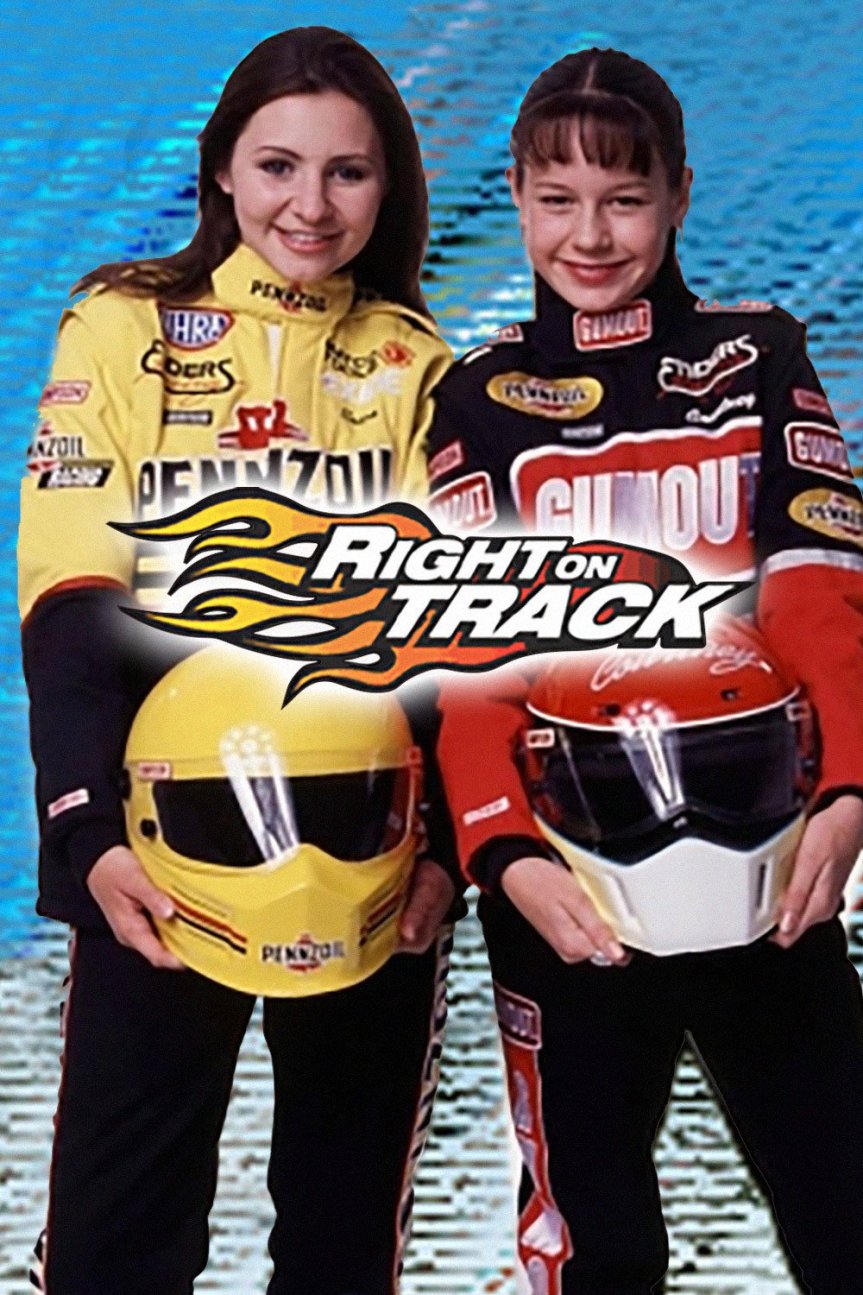
“Right on Track” is based on the true story of female drag racers Erica and Courtney Enders. Mainly focusing on Erica, the film depicts the sisters’ struggles as they fight to compete in a male-dominated sport.
The film starts by showing eight-year-old Erica competing in her first official race. The announcer calls her Eric, spectators mock her pink car and a random man even makes a comment to her father about letting a girl race.
The Disney Channel Original Movie highlights much of the sexism that the Enders sisters faced in their sport and that female athletes still face today. Erica raises concerns about her lack of sponsorships despite being one of the best racers and points out that male racers who she has beaten get more sponsorships than she does.
Erica also claps back at the reporters who continuously ask her about what it’s like being a female on the track. Additionally, the film shows female reporters asking her more in-depth and nuanced questions, calling into question the way men treat female athletes.
Overall, the film highlights how important it is for women to break barriers in sports. Viewers see young girls throughout the movie that are in awe of the Enders sisters. Courtney also thanks Erica for her efforts and says, “It’s easier for us [other girls] because of you.”
All three of these movies are almost two decades old and were way ahead of their time. With feminists fighting for equal representation in film, it’s nice to see that movie buffs can look that far back and see so many DCOMs that showed girls challenging gender roles and advocating for themselves.
Disney also has plenty of movies that are not overtly feminist. “Double Teamed,” “Rip Girls” and “Zenon: Girl of the 21st Century,” for example, are only some of the many other DCOMs that give female characters equal recognition and nuanced portrayals. I can only hope that DCOMs in the coming years will be equally as empowering for young viewers.


